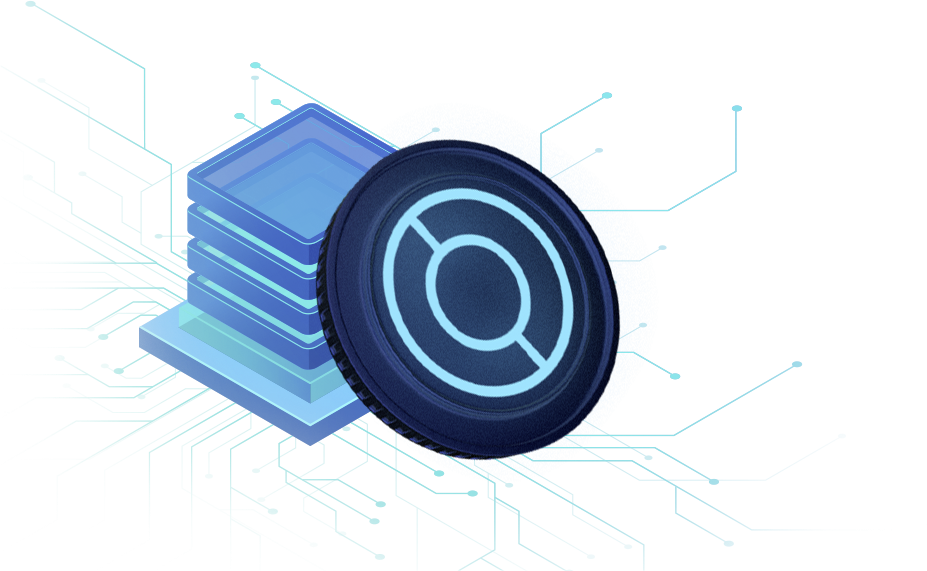The Cudos Network recently launched its decentralised compute infrastructure which allows blockchain and non-blockchain projects to access idle computing power from third-party resource providers for high-end computation. Running on its layer-1 and layer-2 of the Cudos network, blockchain projects can save RAM and CPU resources by outsourcing heavy-duty computations via the Cudos layer-1 smart contracts. The Cudos architecture is built on nodes that compete to be select to process jobs sent from the layer-1 smart contracts. To run a decentralised economy, Cudos has implemented different reward schemes for developers and computing server resource providers to contribute and earn once they become members of the Cudos network and ecosystem.
Earning via validator staking
Staking in blockchain parlance is where an individual locks a certain number of tokens for a while in exchange for rewards. Cudos supports staking withing its network with returns for each amount staked. Developers can set up validator nodes according to the smart contract specifications and earn returns when their nodes (servers) process jobs or tasks. Validators (node owners) are required to stake a certain number of tokens, about 2,000,000 before they qualify to process jobs from the layer-1 smart contracts. The amount of Cudos tokens staked influences the propensity to get more compute jobs thereby increasing the rewards that the validator gets within the network. A higher stake increases the reputation of the validator node and hence more jobs to process for rewards. The same principle applies to the layer-3 layer where server resource providers, known as workers, can automatically stake their rewards to increase their chances of getting more computing jobs.
Currently, the staking rewards stands at 8% APR and it is also dependent on the percentage of total token supply that is staked. Staking on the Cudos network is possible via third-party staking services such as Bitmax. In future, staking will be made possible directly on the Cudos network. Cudos also supports delegated staking where individuals and developers can stake their Cudos tokens on a node within the network and share the rewards with the node. Delegated staking does not mean loss of the tokens but a way of betting on a validator node to perform tasks and earn more rewards for distribution to all supporters of that validator node.
Earn by building on CUDOS
The Cudos network has a layer-3 ecosystem, which is a marketplace for developers to publish apps to perform jobs sent from the layer-2 network. The apps published on the marketplace have different use cases, which are templated and can be called via a smart contract from the layer-2 validator network. Ideally, workloads that cannot be executed by apps or blockchain smart contracts are done by apps that developers publish on the marketplace. Examples of apps that could be published include apps to get world population data disaggregated by regions. Datafeeds oracles apps earn by deploying templates on the Cudos network. The use of this data is paid for by blockchain projects who access this data for computational purposes.
Earn by renting your ideal hardware
High computational capacity is a key value proposition of the Cudos network. Currently, the Cudos network has more than 500,000 TFLOPS of computing power available for use by third-party projects. Cudos achieved these feet by pooling idle computational resources from third-party hardware owners who wish to connect their available resources to the Cudos resource network. In return, they earn rewards for the use of their resources. Cudos has a mechanism to make sure all resources providers get rewarded. If you own server resources, you can deploy the Cudos template on your machine and get connected to the Cudos network.
Clearly, at different stages of the Cudos network and platform, there are opportunities for developers and server resource providers to benefit in earning rewards. Set up a node, deploy an app on the marketplace, sell real-world data and rent your idle resources. The Cudos ecosystem is vast and has room forever for a developer to benefit. You can start by submitting your application here: https://www.cudos.org/#contact-us



